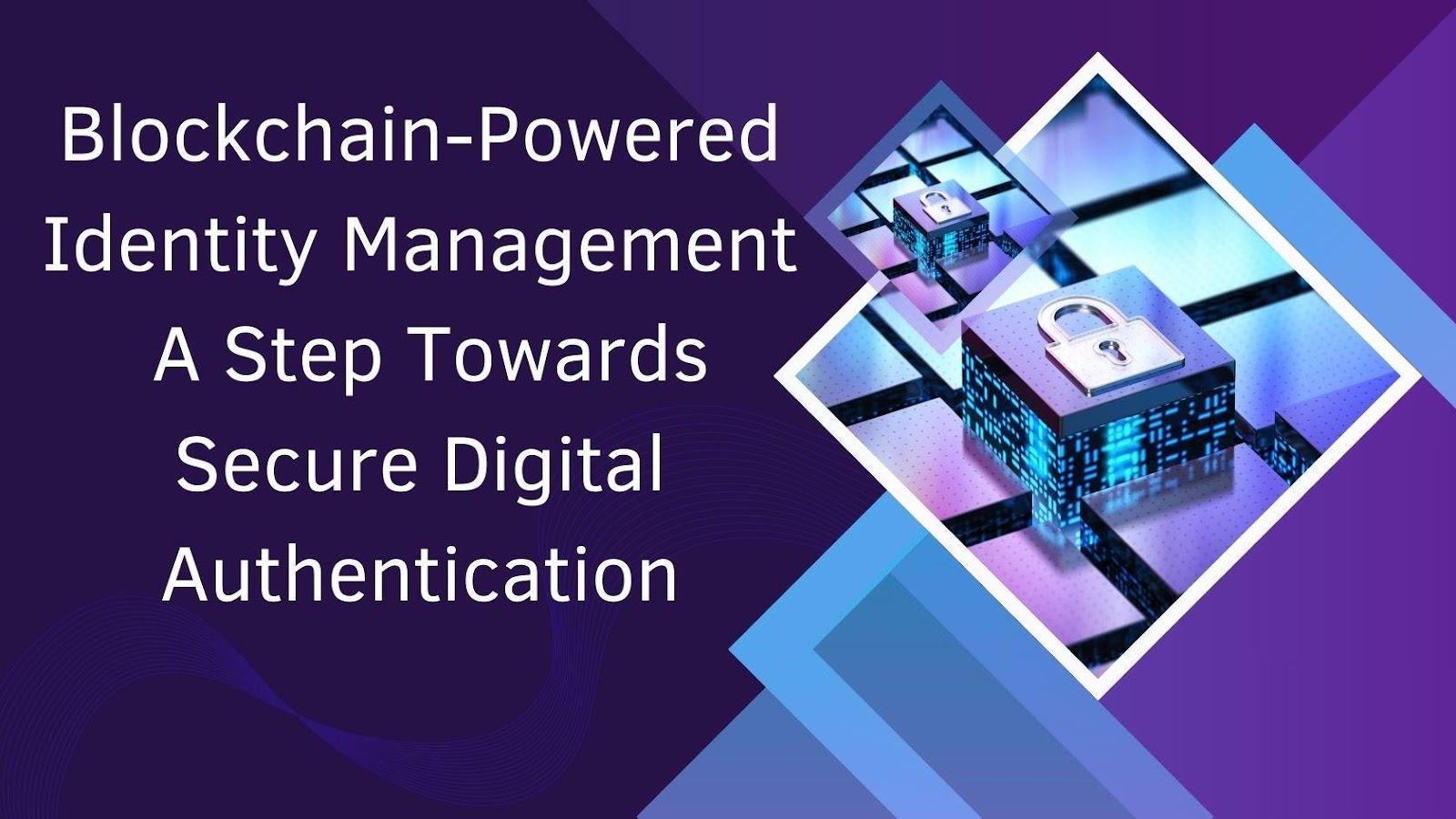In the era of digital transformation, secure and efficient identity management is critical. Traditional centralized identity systems face security breaches, scalability, and user control challenges. In response, Bhaskara Garnimitta introduces an innovative blockchain-based framework for decentralized identity management within microservices architecture. His work highlights how distributed ledger technology can revolutionize authentication mechanisms while ensuring security and regulatory compliance.
Addressing the Shortcomings of Centralized Identity Systems
The shift from monolithic applications to microservices architecture has transformed software development, but it has also introduced new challenges in authentication. Conventional identity management systems rely on central authorities, making them vulnerable to single points of failure and security risks. In contrast, decentralized identity management eliminates these concerns by distributing authentication data across a blockchain network. This not only enhances security but also improves user control over personal information.
The Role of Blockchain in Identity Verification
Blockchain enhances identity authentication with its immutable and transparent ledger. By integrating cryptographic key-based verification, users can authenticate themselves without relying on a central authority. This decentralized model minimizes identity theft and unauthorized access risks, ensuring greater security and privacy for digital interactions across various applications and industries.
Smart Contracts: Automating Trust and Compliance
Smart contracts automate authentication and authorization, enforcing identity verification rules without intermediaries. They streamline consent management, enabling users to grant or revoke data access seamlessly. This improves regulatory compliance by allowing organizations to align privacy policies with global data protection laws, enhancing security, efficiency, and trust in decentralized identity management systems.
Enhancing Security with Distributed Ledger Technology
Security is at the core of decentralized identity management. Blockchain’s distributed nature ensures that identity records are not stored in a single location, reducing the risk of breaches. Additionally, cryptographic techniques such as asymmetric encryption provide a robust mechanism for verifying user identities while preserving data confidentiality. This architecture mitigates threats like credential theft and unauthorized alterations, which are prevalent in traditional systems.
Improving Scalability in Microservices Environments
Microservices architecture relies on numerous independent services that communicate with each other. Traditional authentication systems struggle to manage identity verification across multiple services efficiently. The proposed blockchain-based framework streamlines authentication in microservices environments by allowing services to validate identity credentials securely and consistently. This results in improved scalability and better user experience, as authentication requests are handled seamlessly across distributed services.
Regulatory Compliance and Privacy Assurance
Stringent regulations like GDPR and CCPA drive organizations to prioritize compliance in data governance. A blockchain-based identity framework supports user-centric management, allowing individuals to control data sharing while providing organizations with immutable audit trails for accountability. This integration ensures businesses meet evolving data privacy standards with enhanced security and transparency.
Challenges and Future Considerations
Blockchain-based identity management offers security and decentralization but faces challenges like high computational costs, integration difficulties, and scalability constraints. Large-scale adoption requires seamless interoperability with existing systems, which remains a major hurdle. Future research should focus on optimizing blockchain protocols, reducing energy consumption, and improving cross-platform compatibility. Enhancing efficiency and security will enable scalable, user-friendly identity solutions for widespread adoption.
The Future of Identity Management
Decentralized identity is revolutionizing authentication, with blockchain playing a crucial role in enhancing security, scalability, and compliance. Traditional identity management relies on centralized authorities, making it vulnerable to breaches and fraud. Blockchain-based authentication leverages cryptographic security, eliminating intermediaries and giving users control over their credentials. Research focuses on overcoming challenges such as interoperability, privacy protection, and regulatory alignment. By enabling self-sovereign identity (SSI), blockchain fosters a user-centric digital ecosystem where identities are verifiable yet privacy-preserving. As adoption grows, organizations must rethink authentication frameworks to integrate blockchain’s trustless and tamper-proof capabilities, ensuring a seamless and secure digital identity future.
In conclusion, Bhaskara Garnimitta’s blockchain-based decentralized identity framework represents a groundbreaking advancement in authentication for microservices. Leveraging distributed ledger technology and smart contracts significantly enhances security, privacy, and regulatory compliance. Its evaluation across critical sectors such as healthcare, finance, and government underscores its practicality and transformative potential. While challenges in implementation persist, the framework’s benefits position it as a pivotal innovation in establishing a secure, scalable, and trustworthy digital identity ecosystem.























